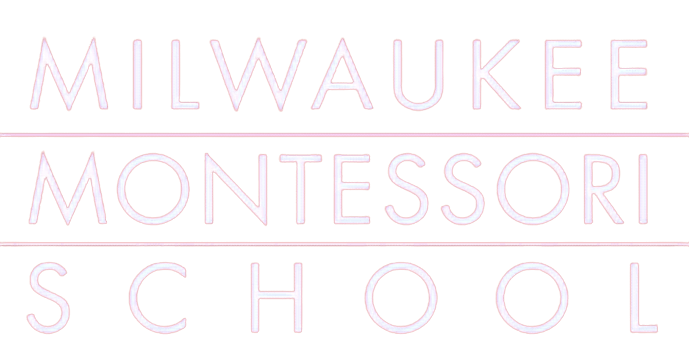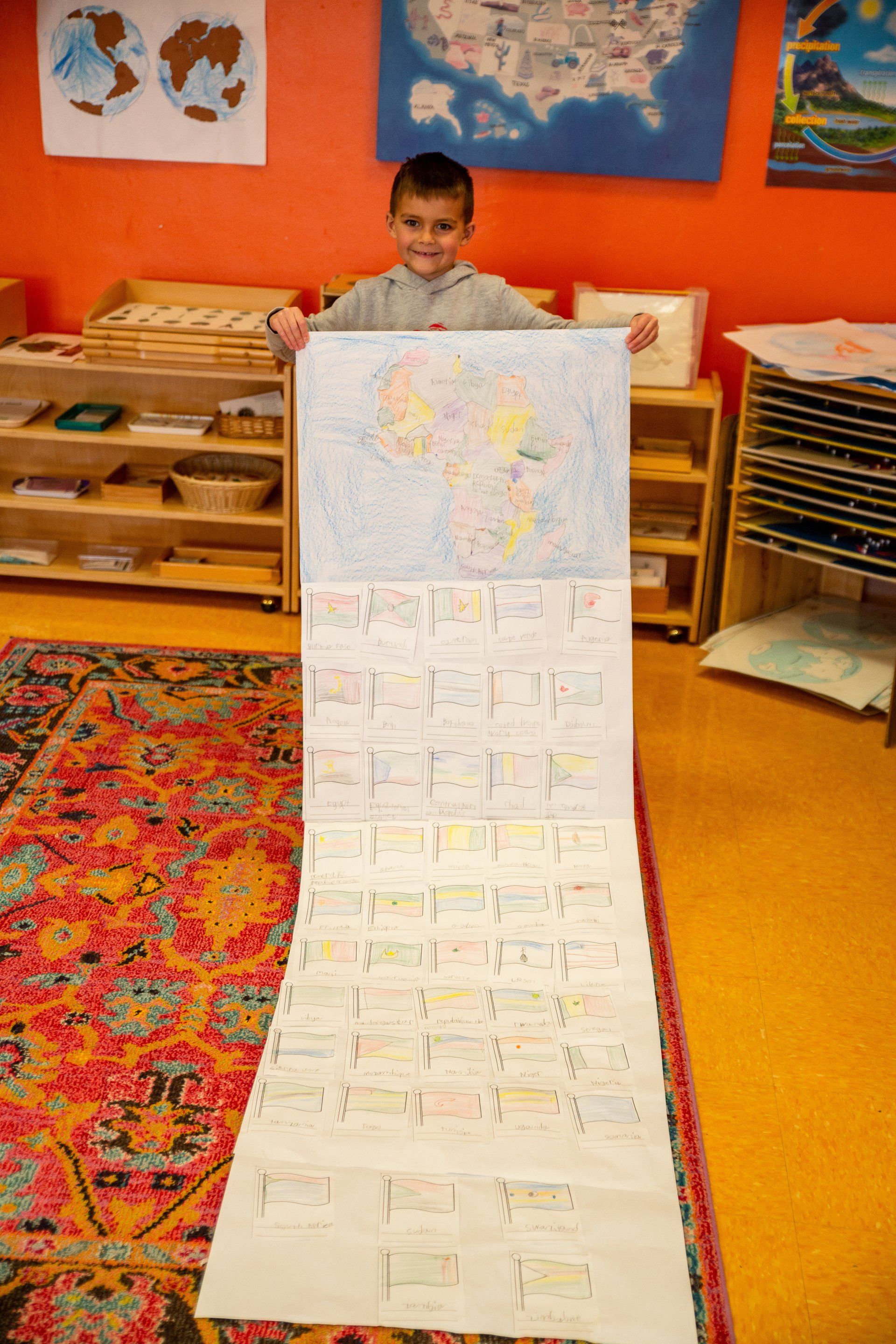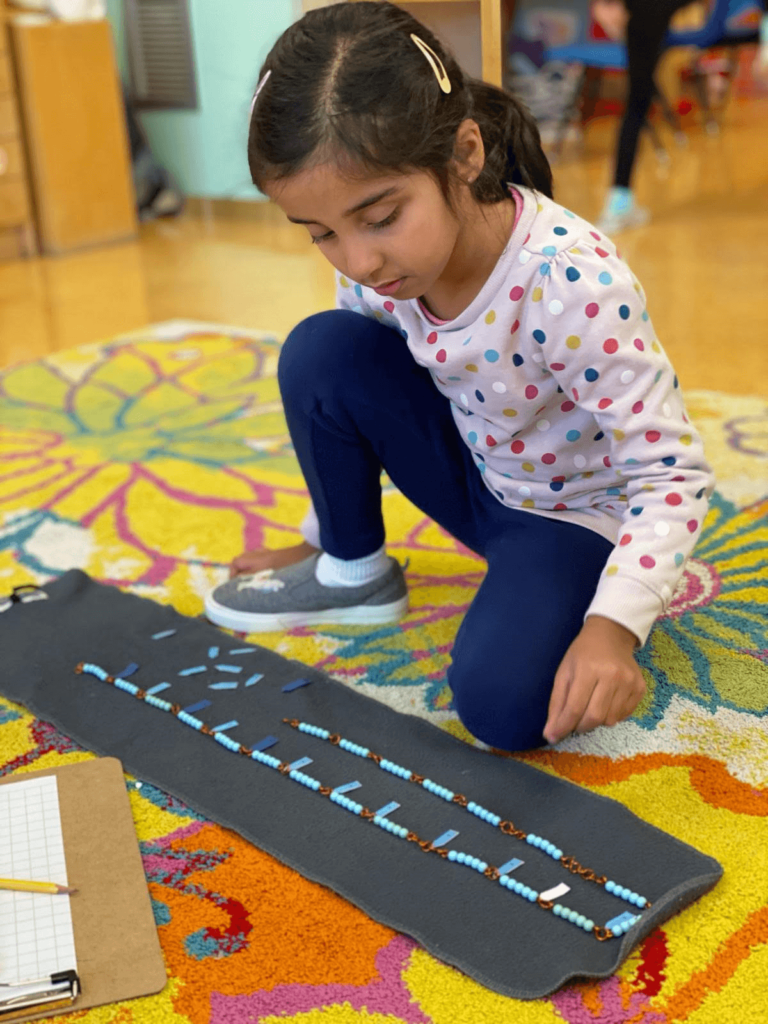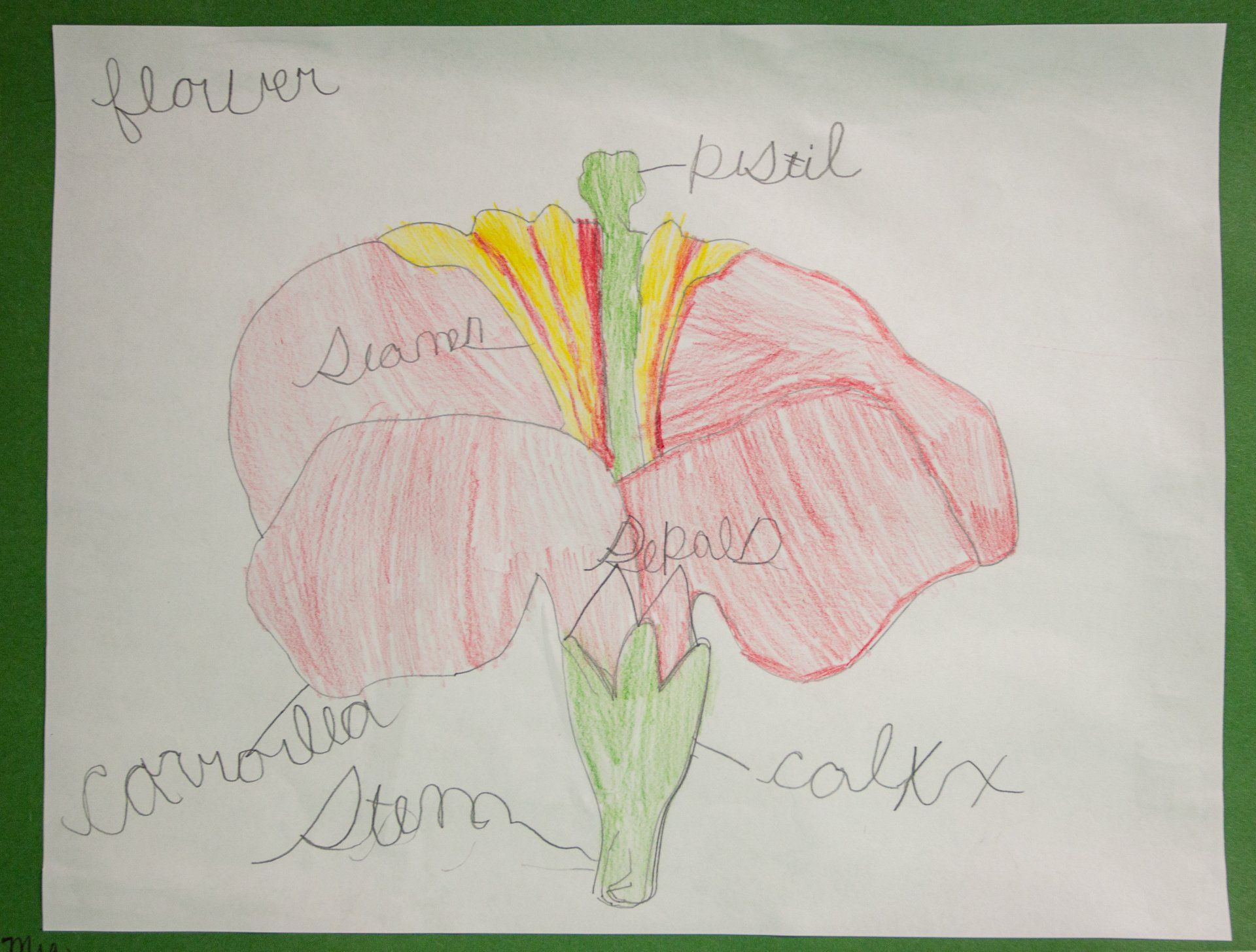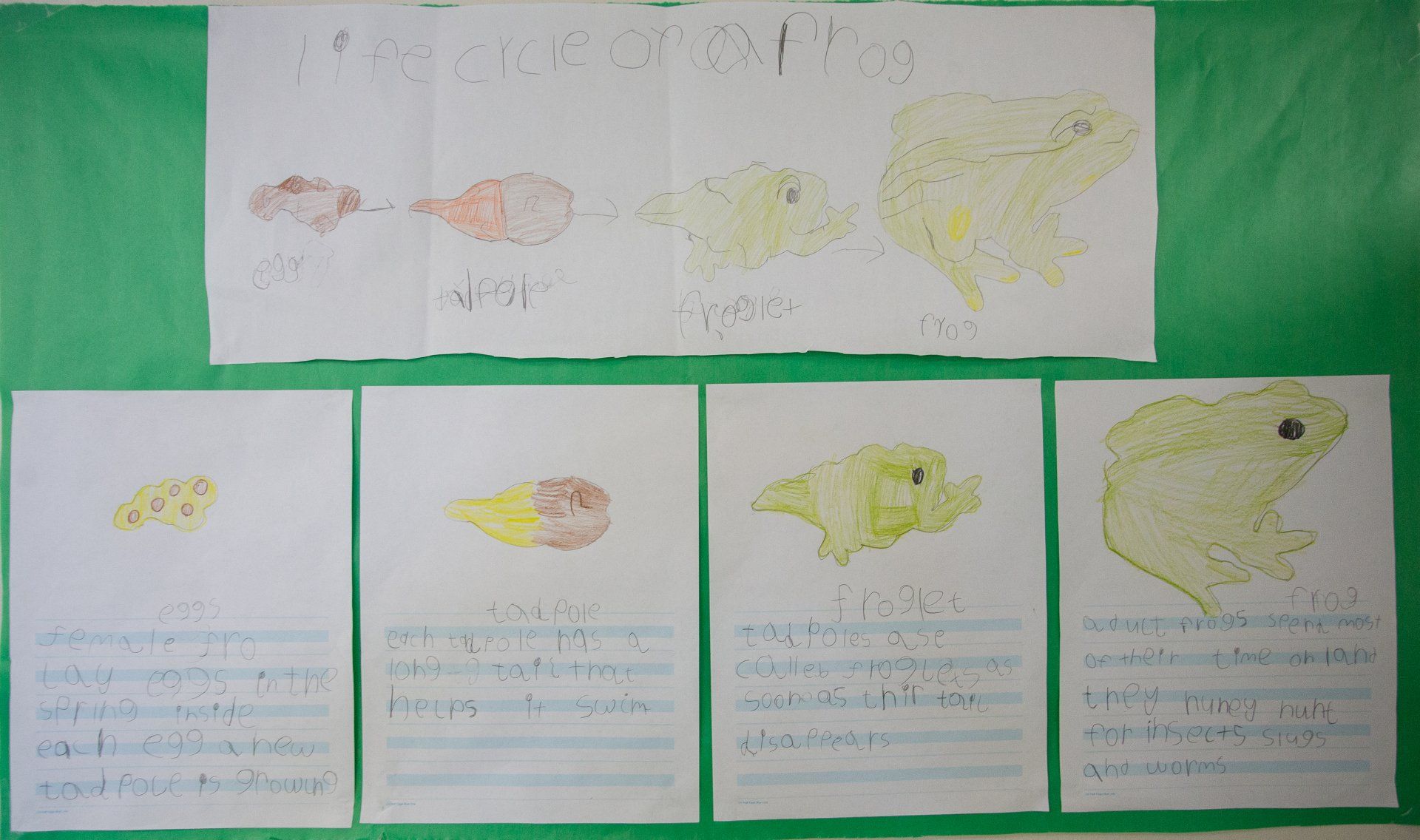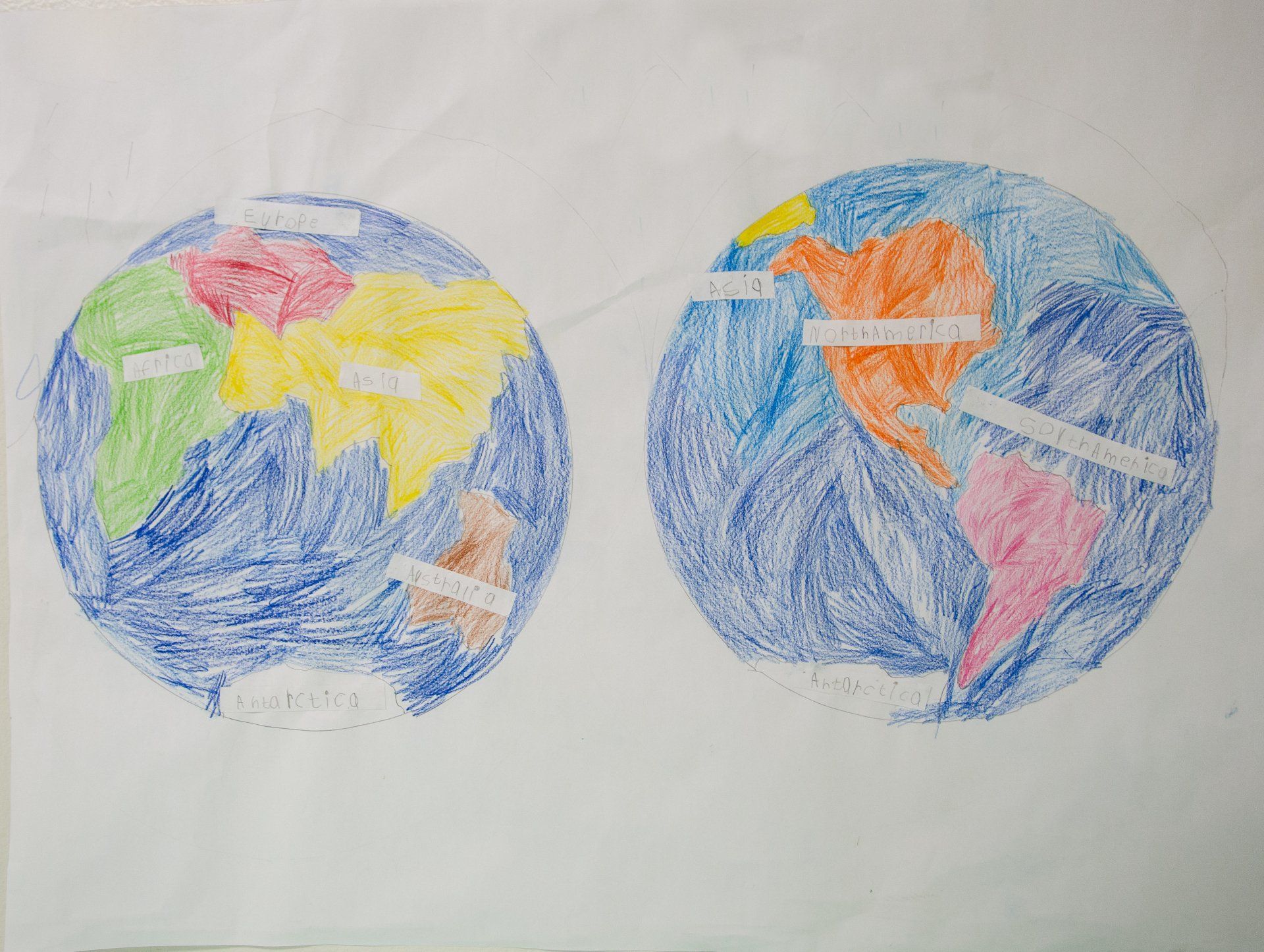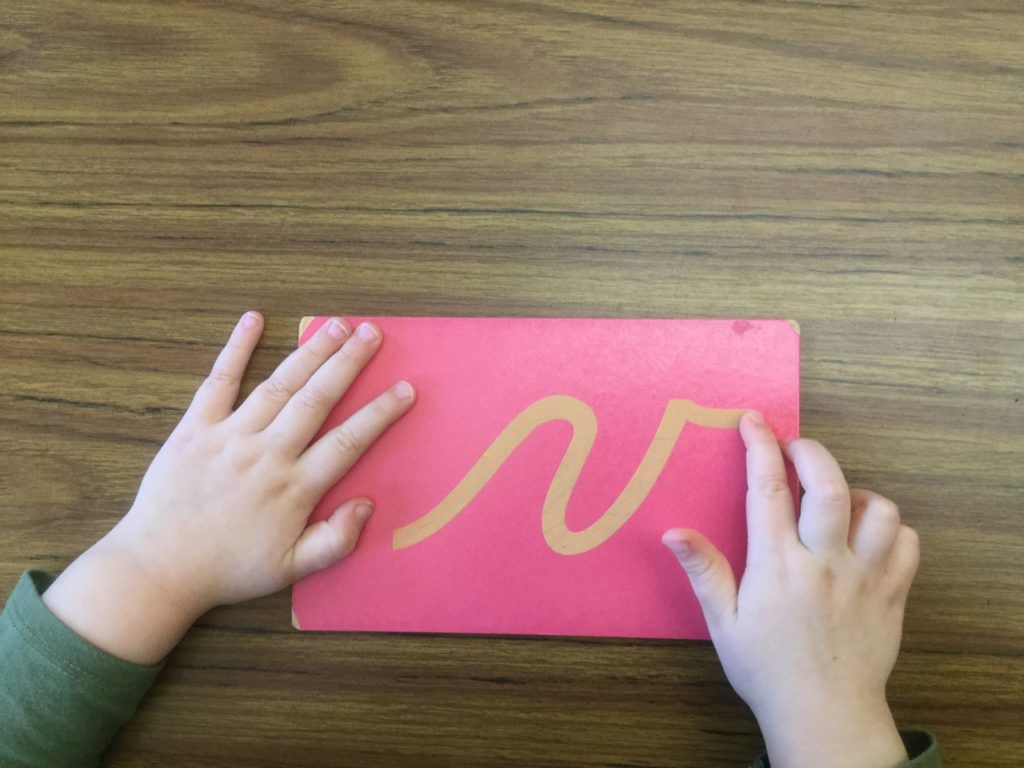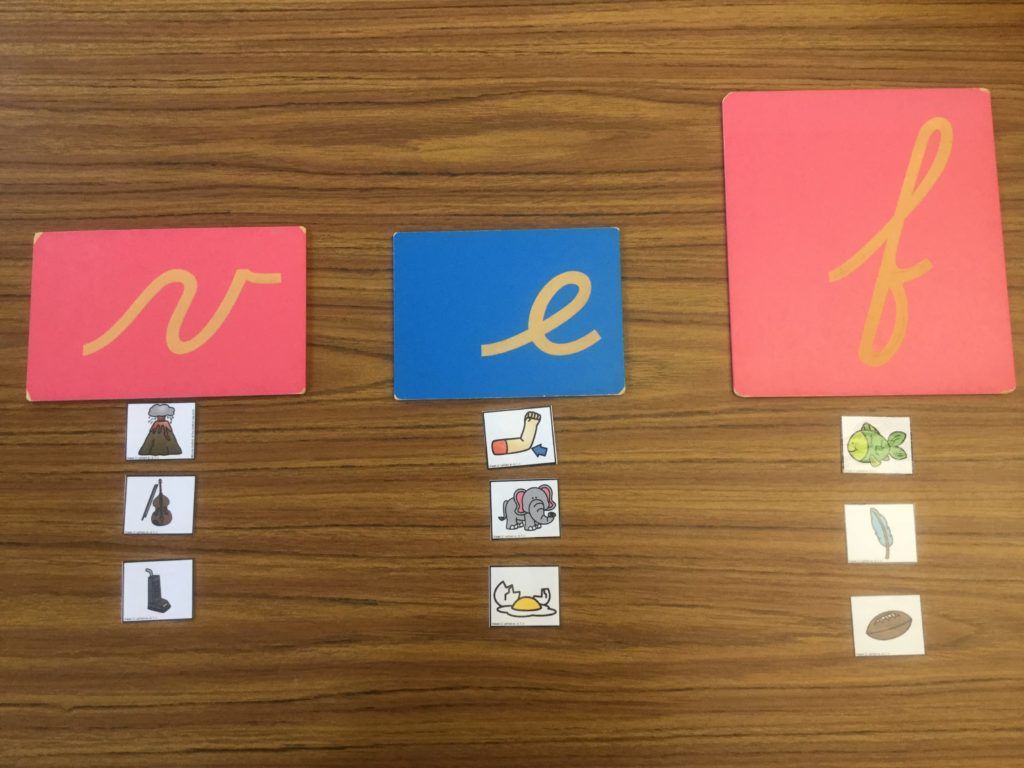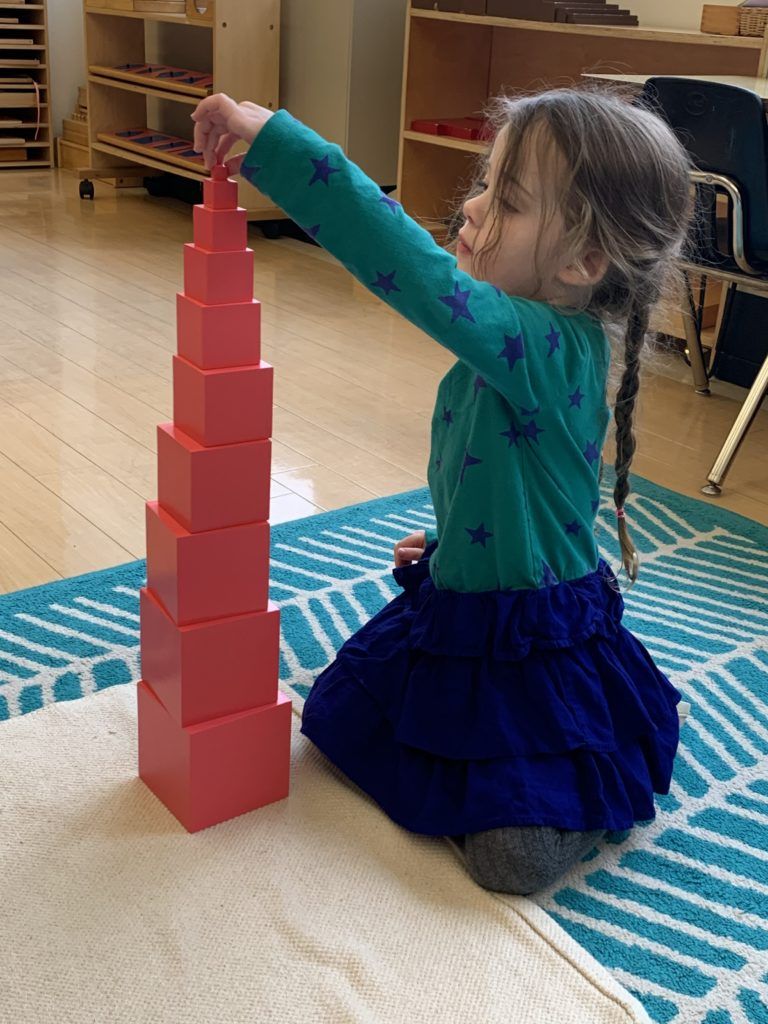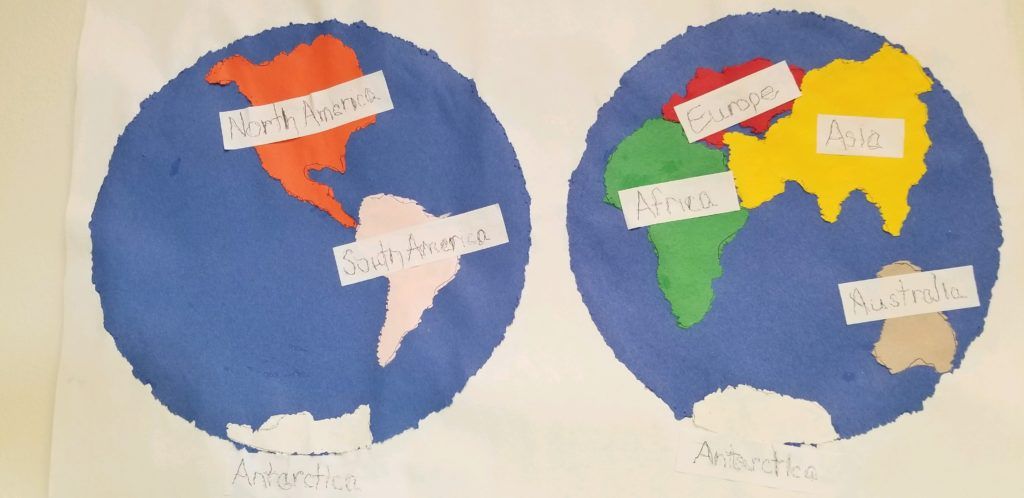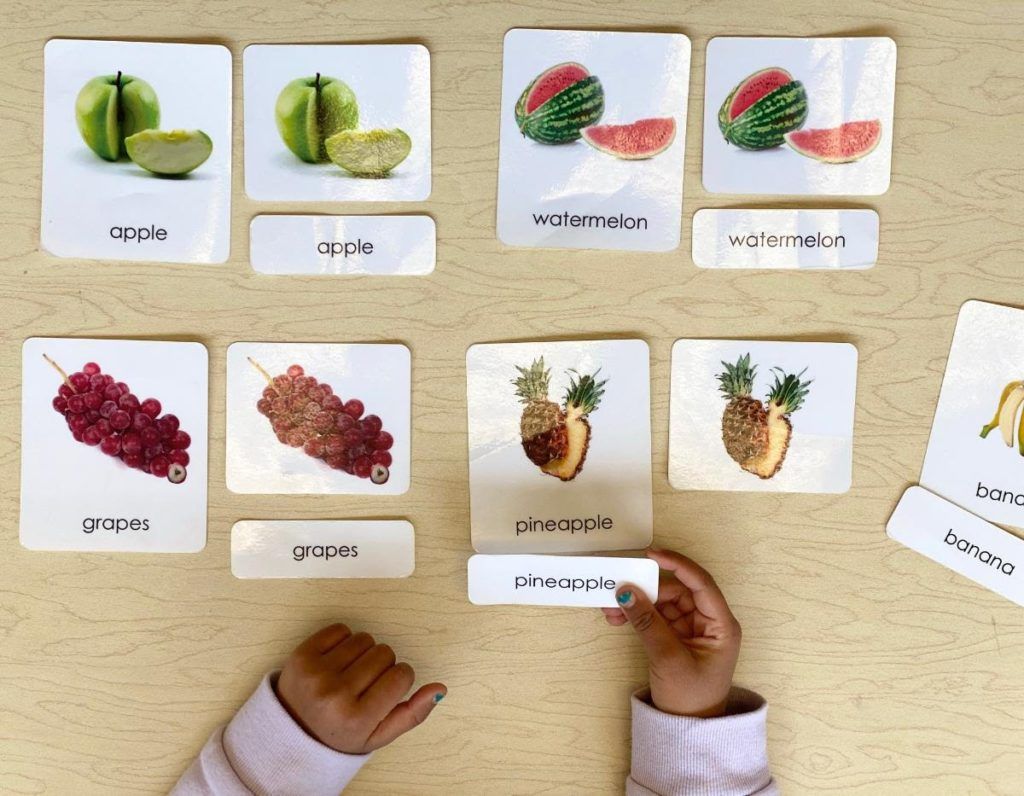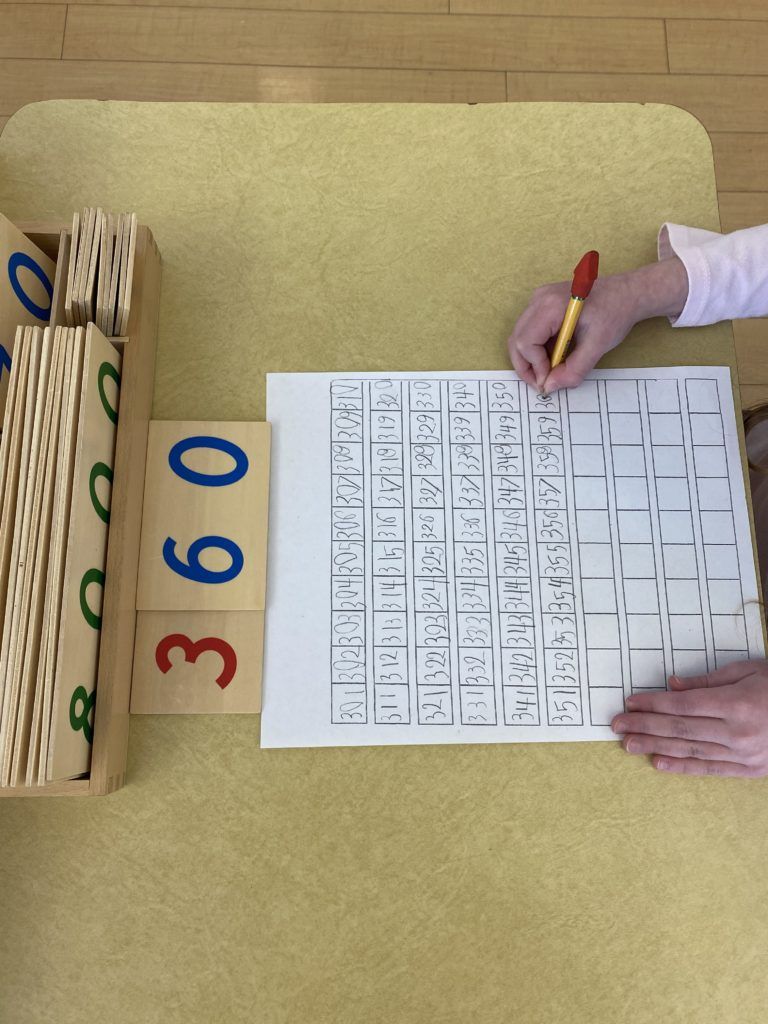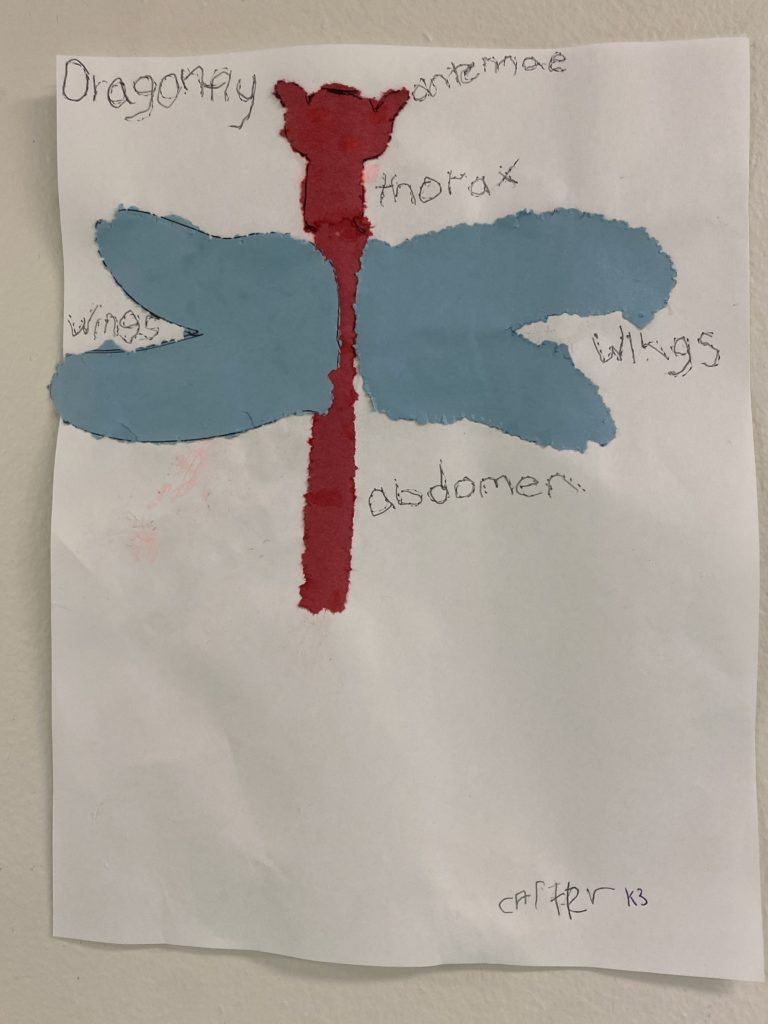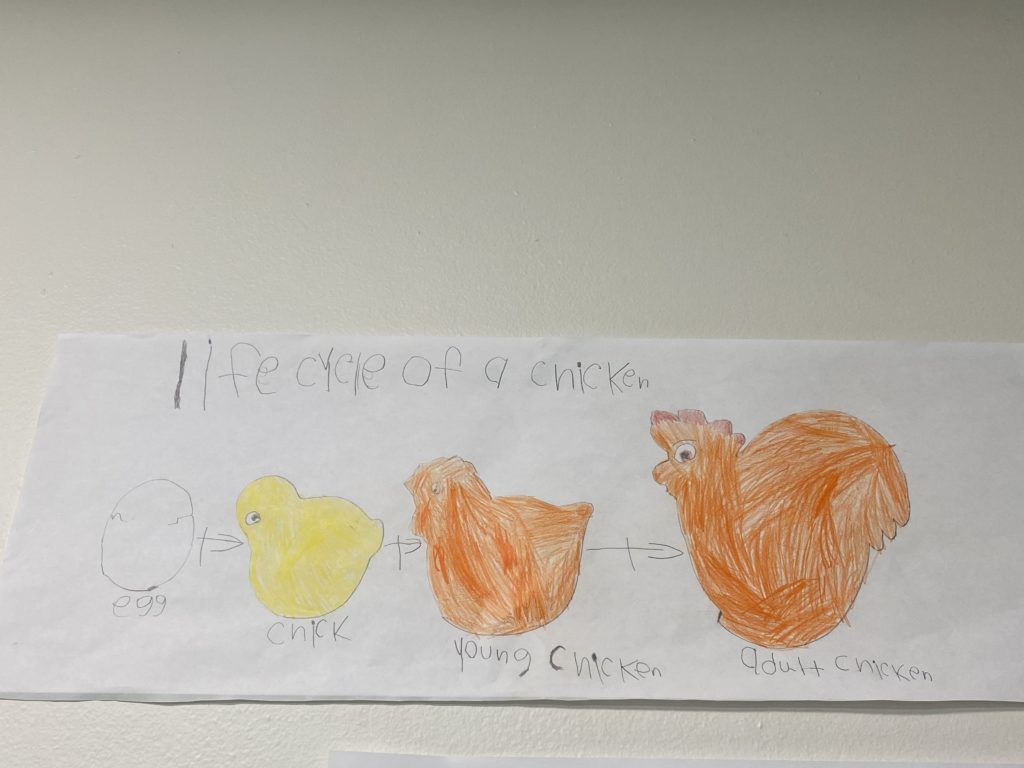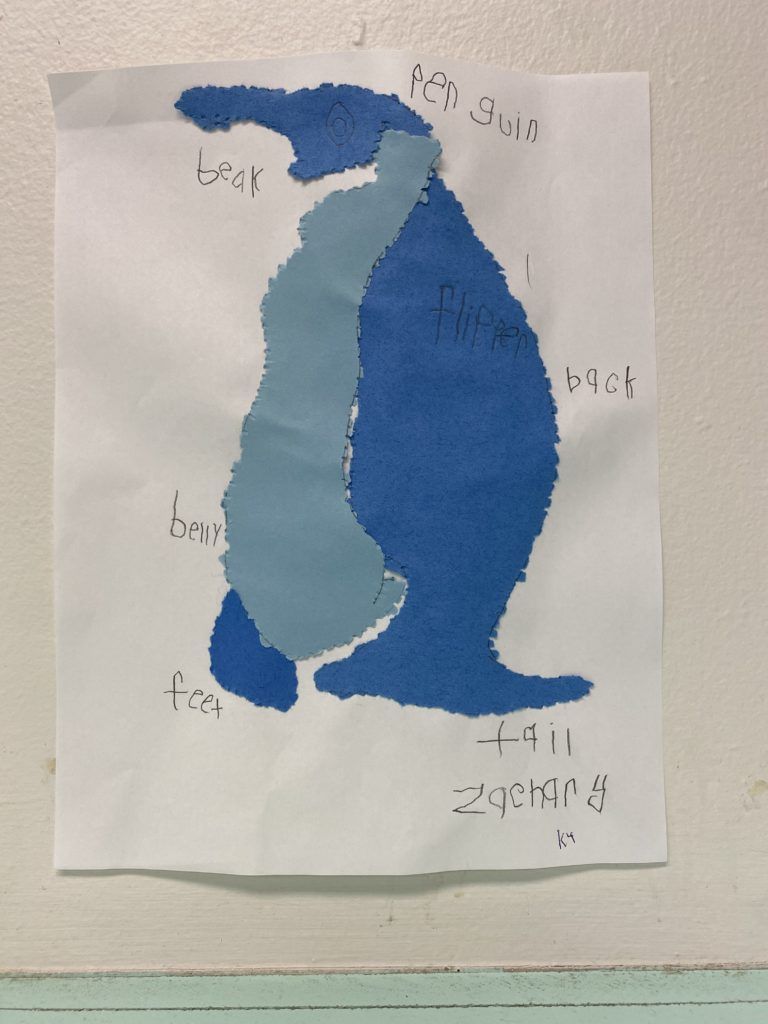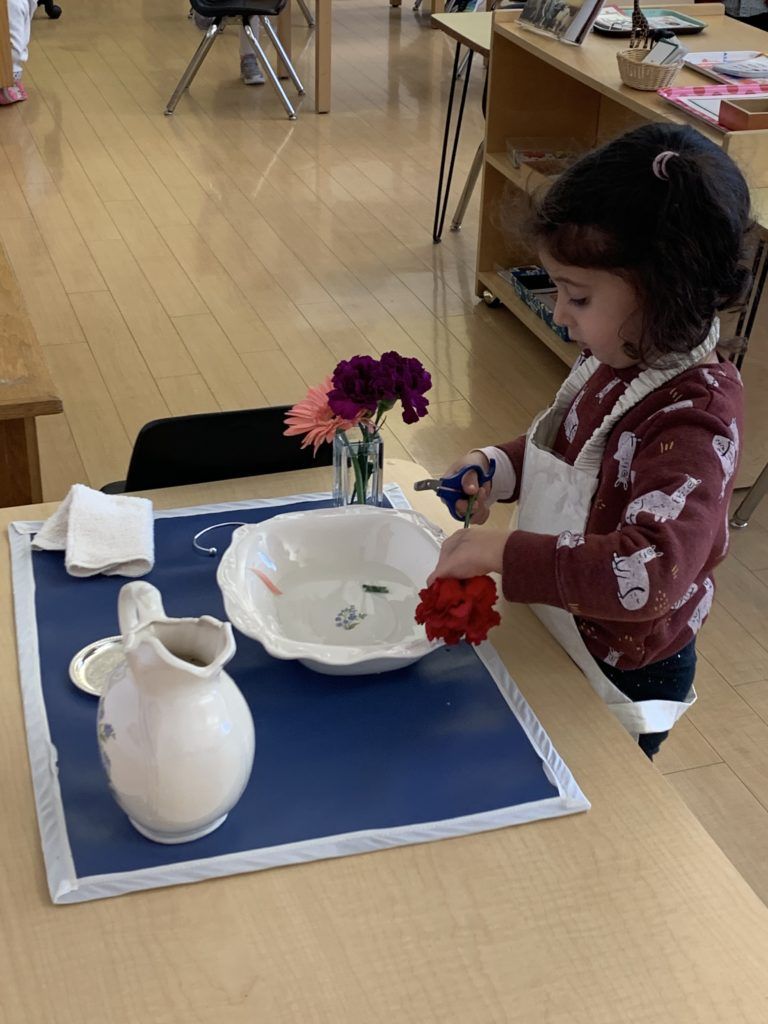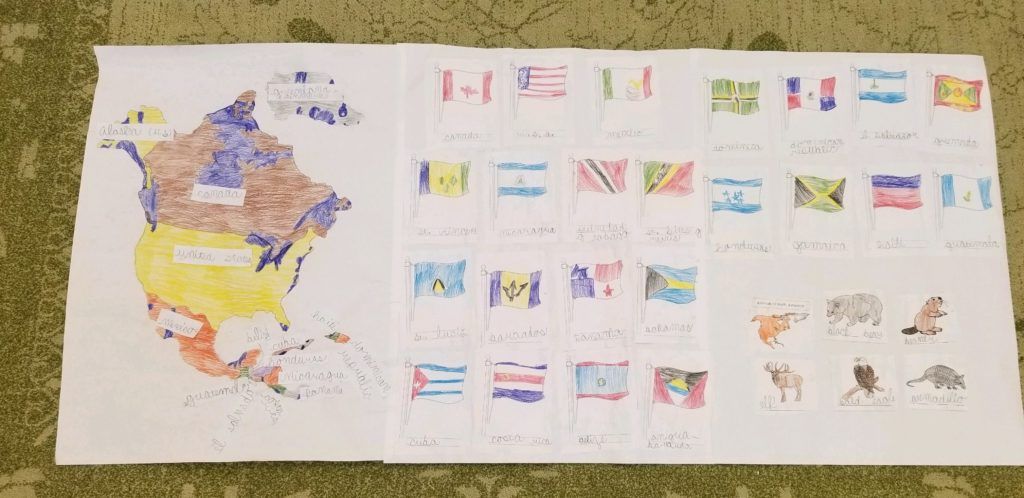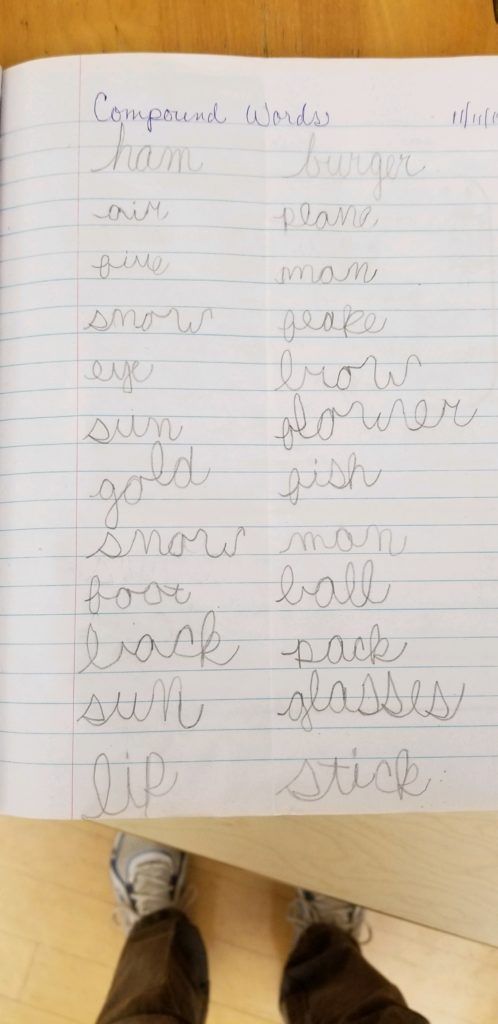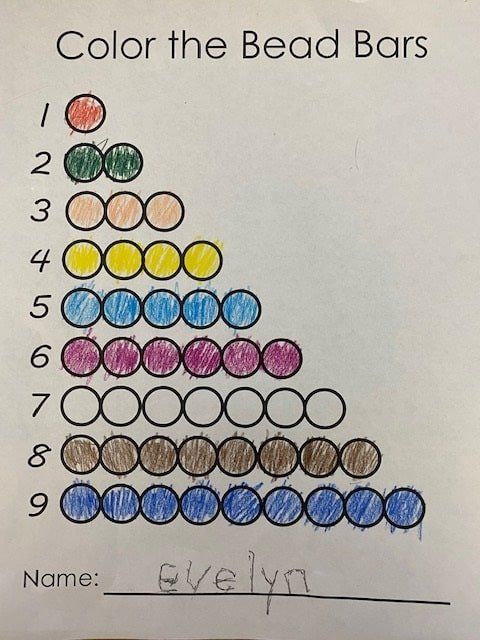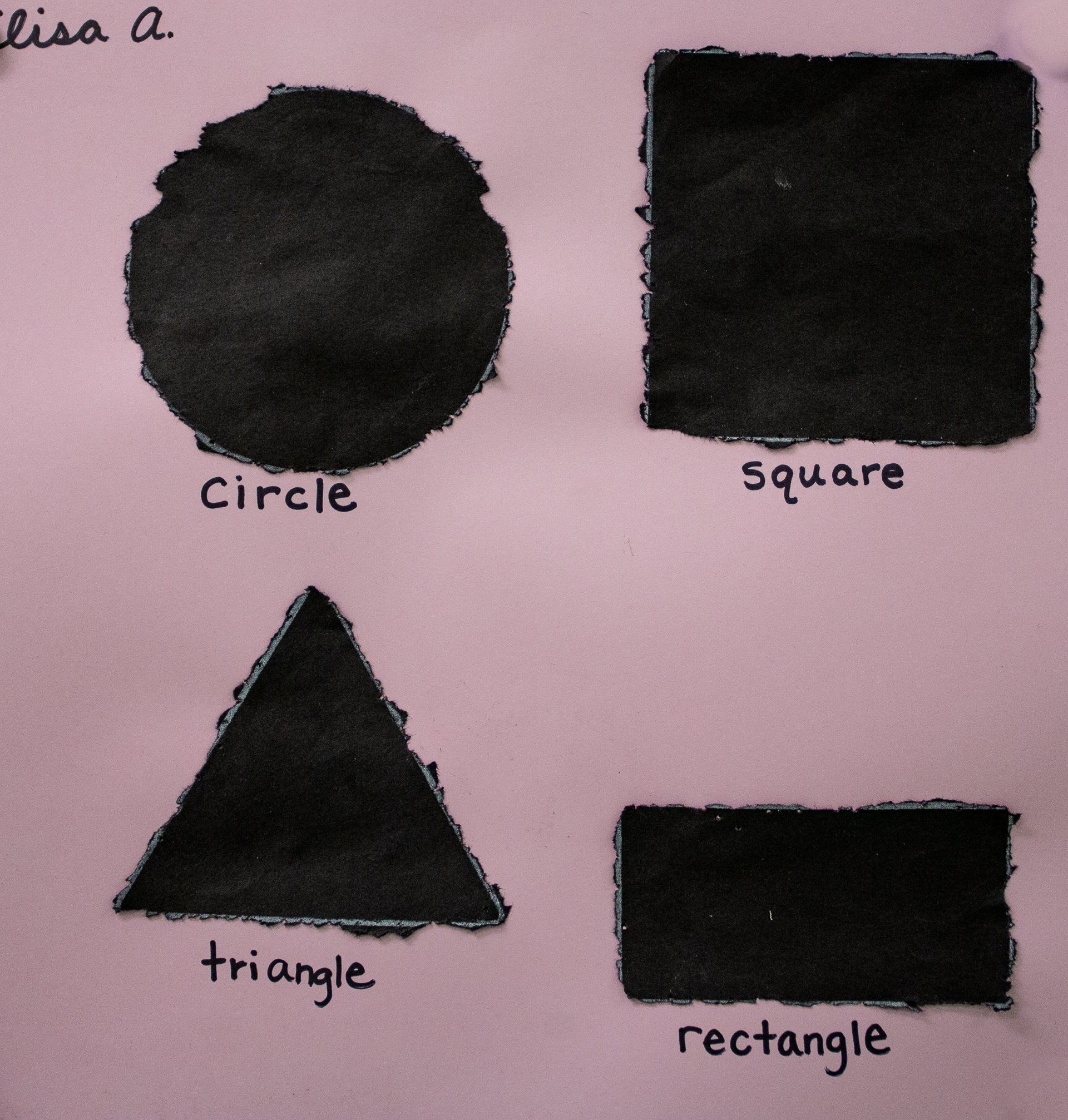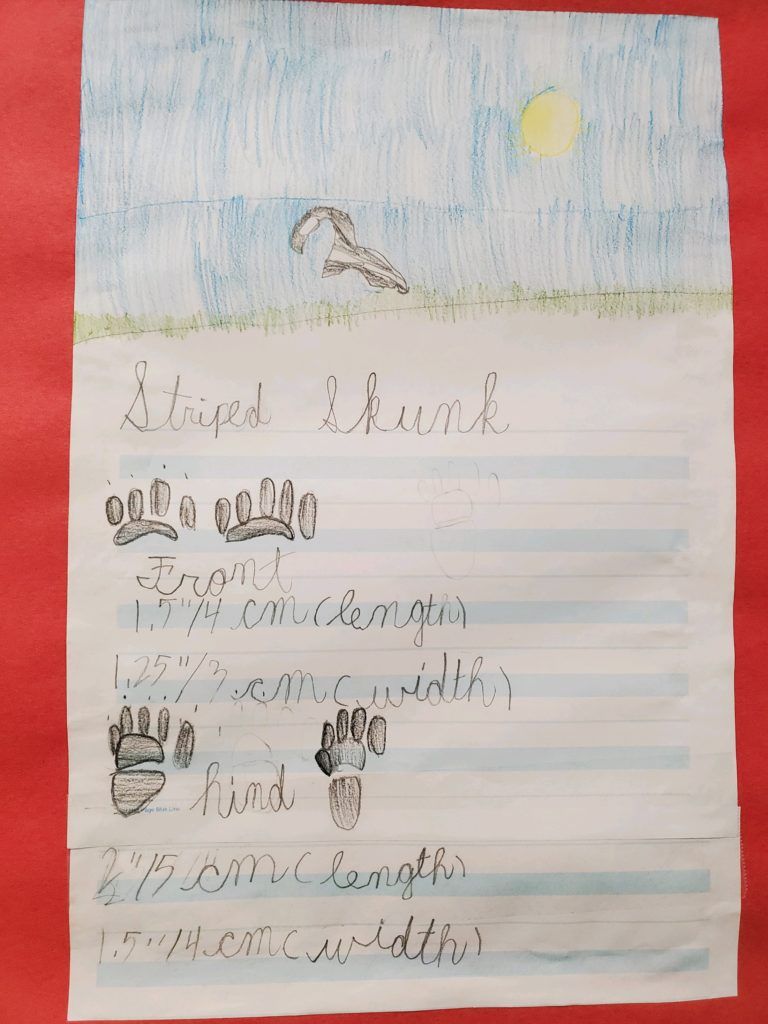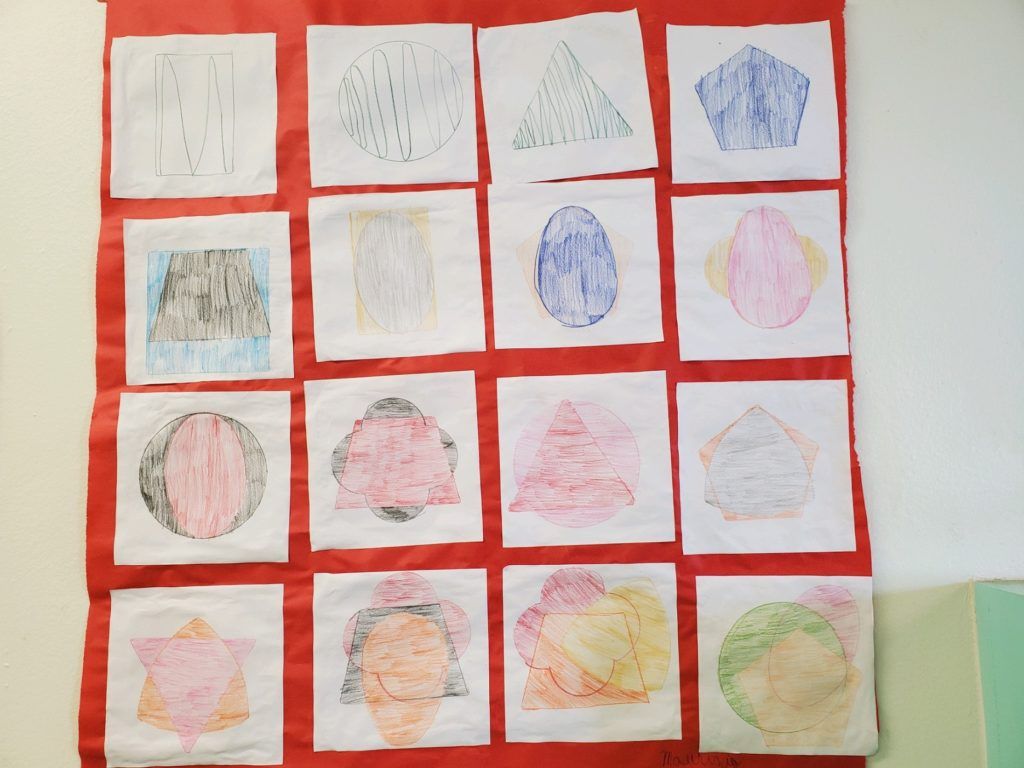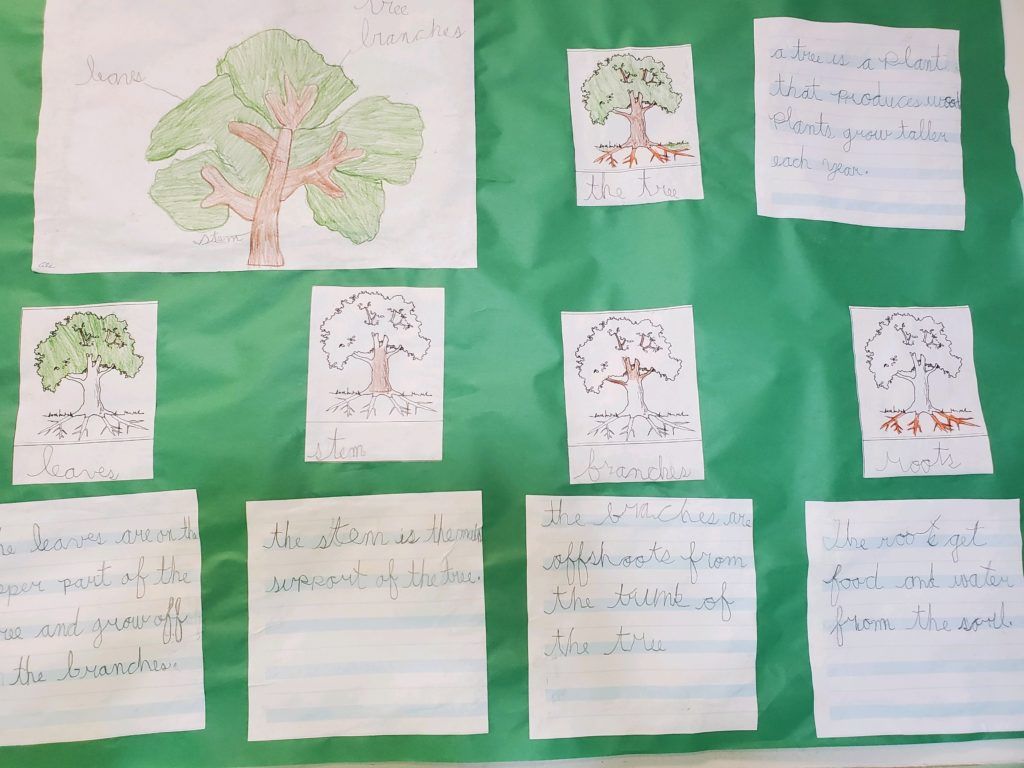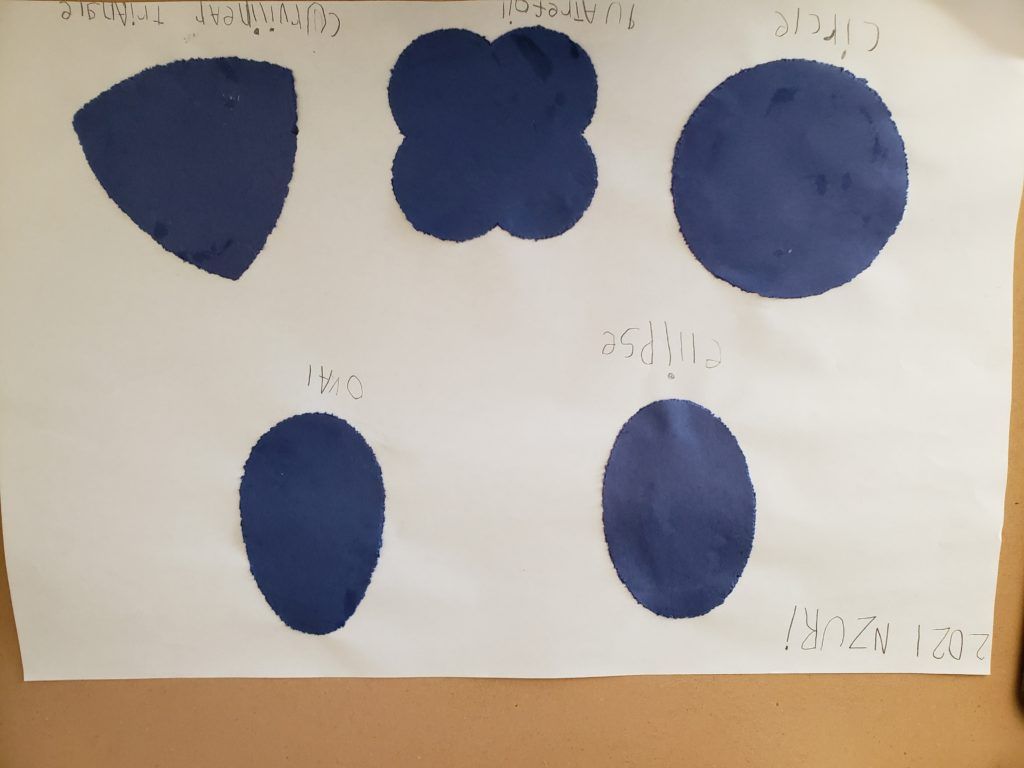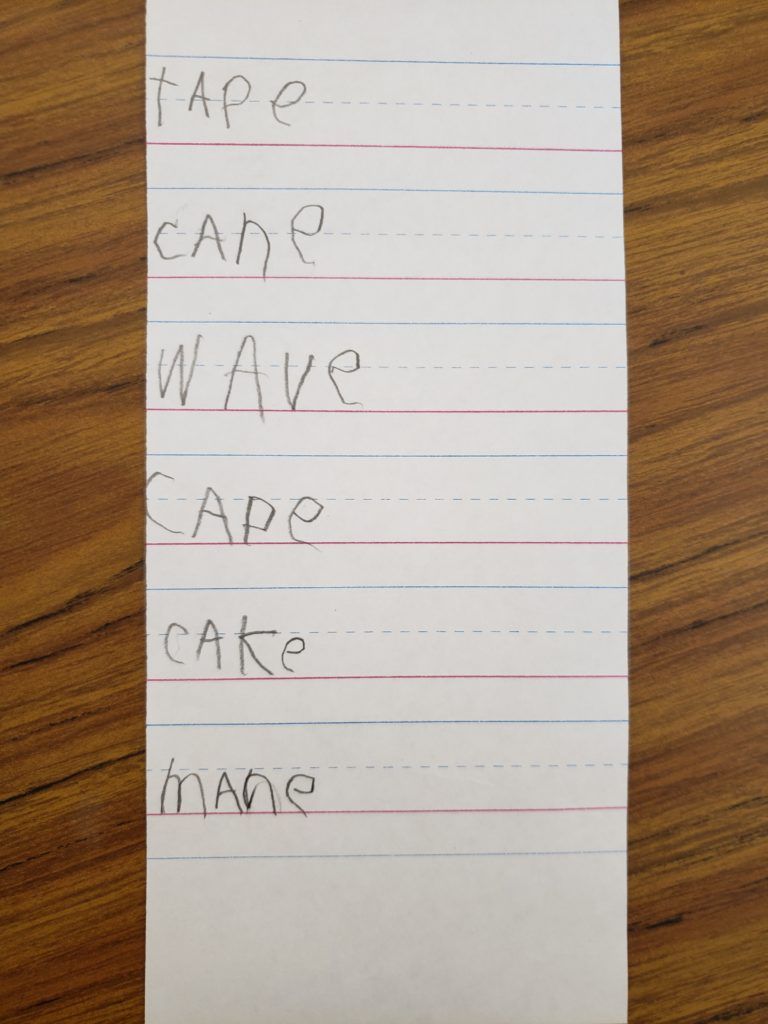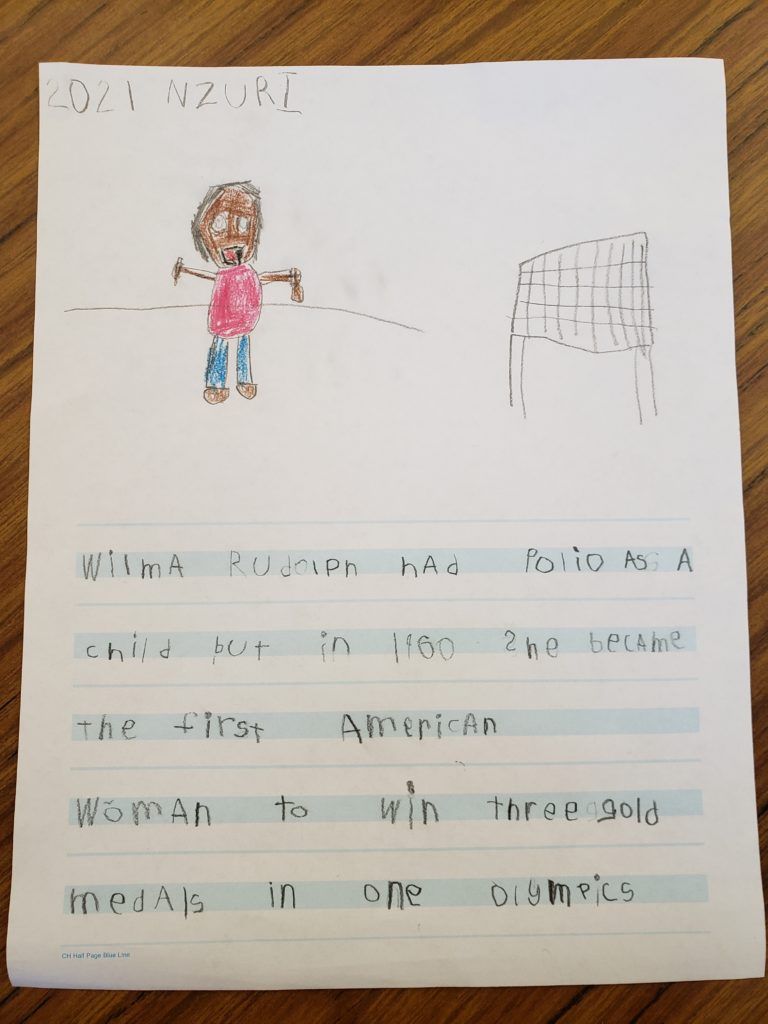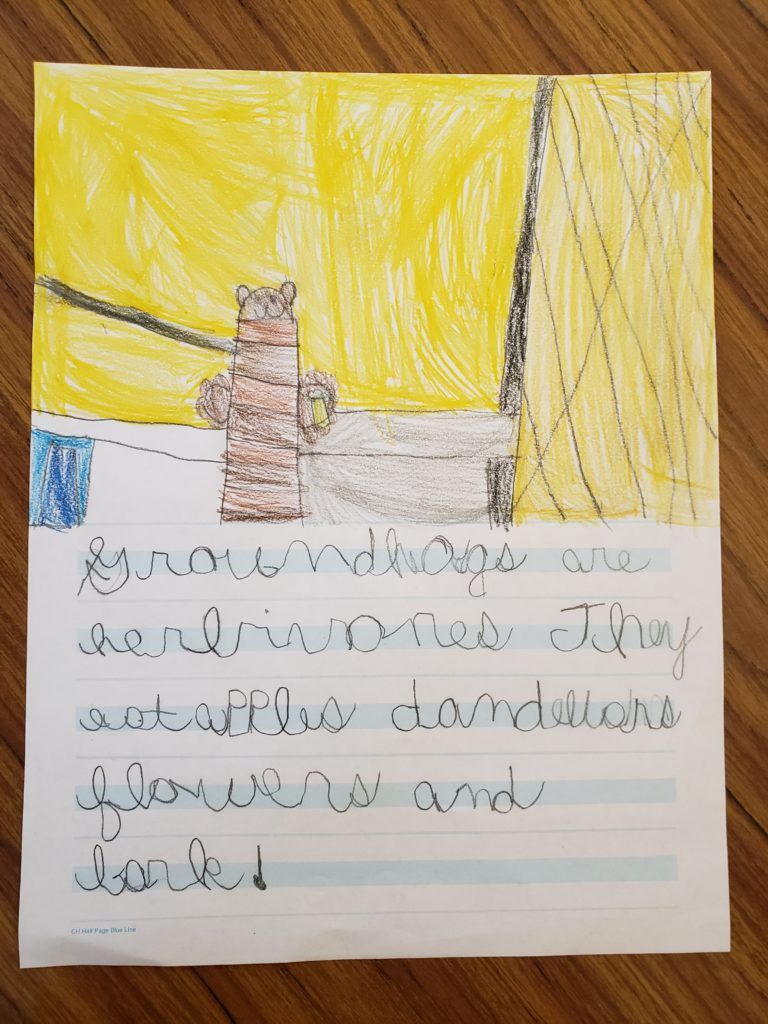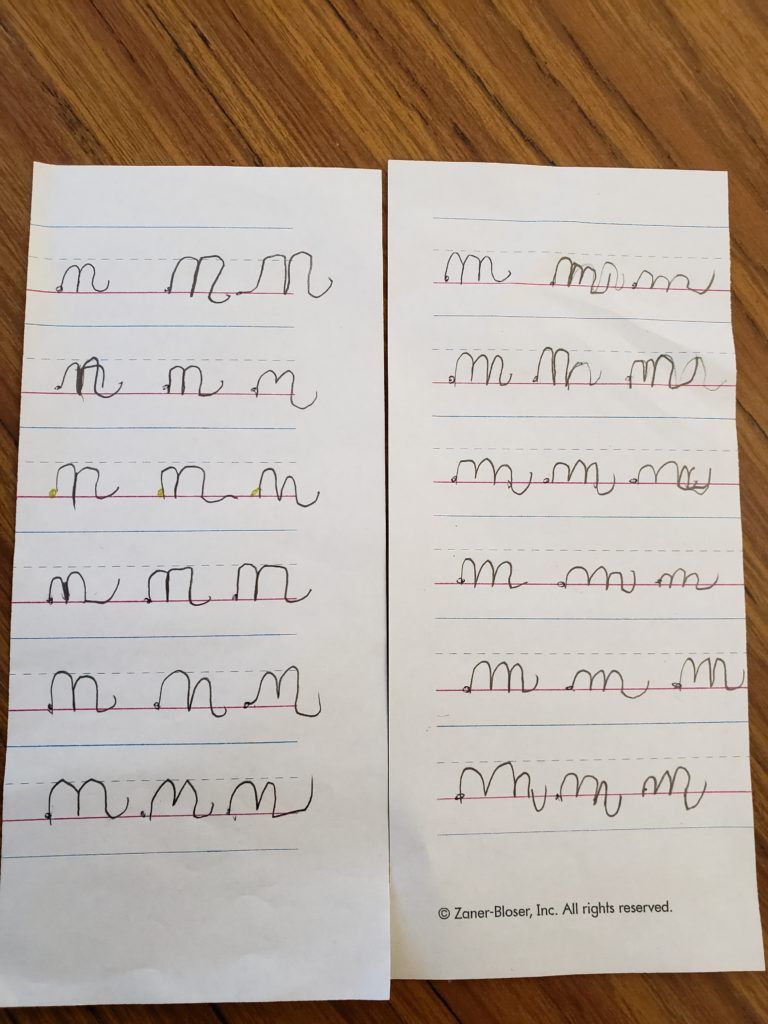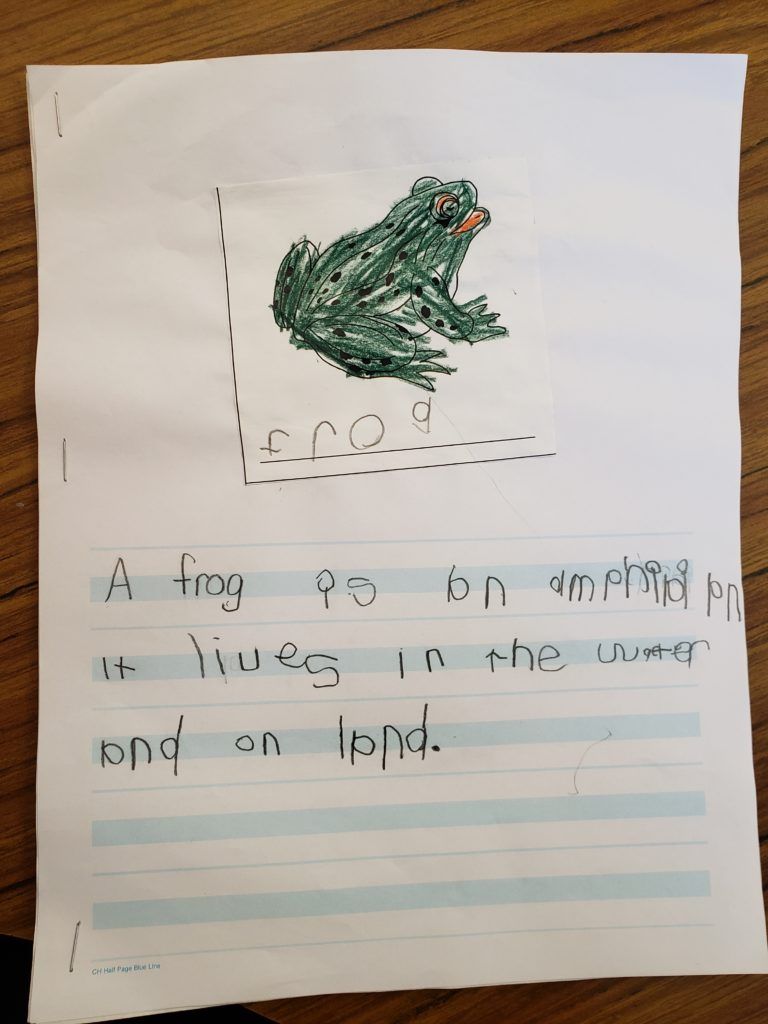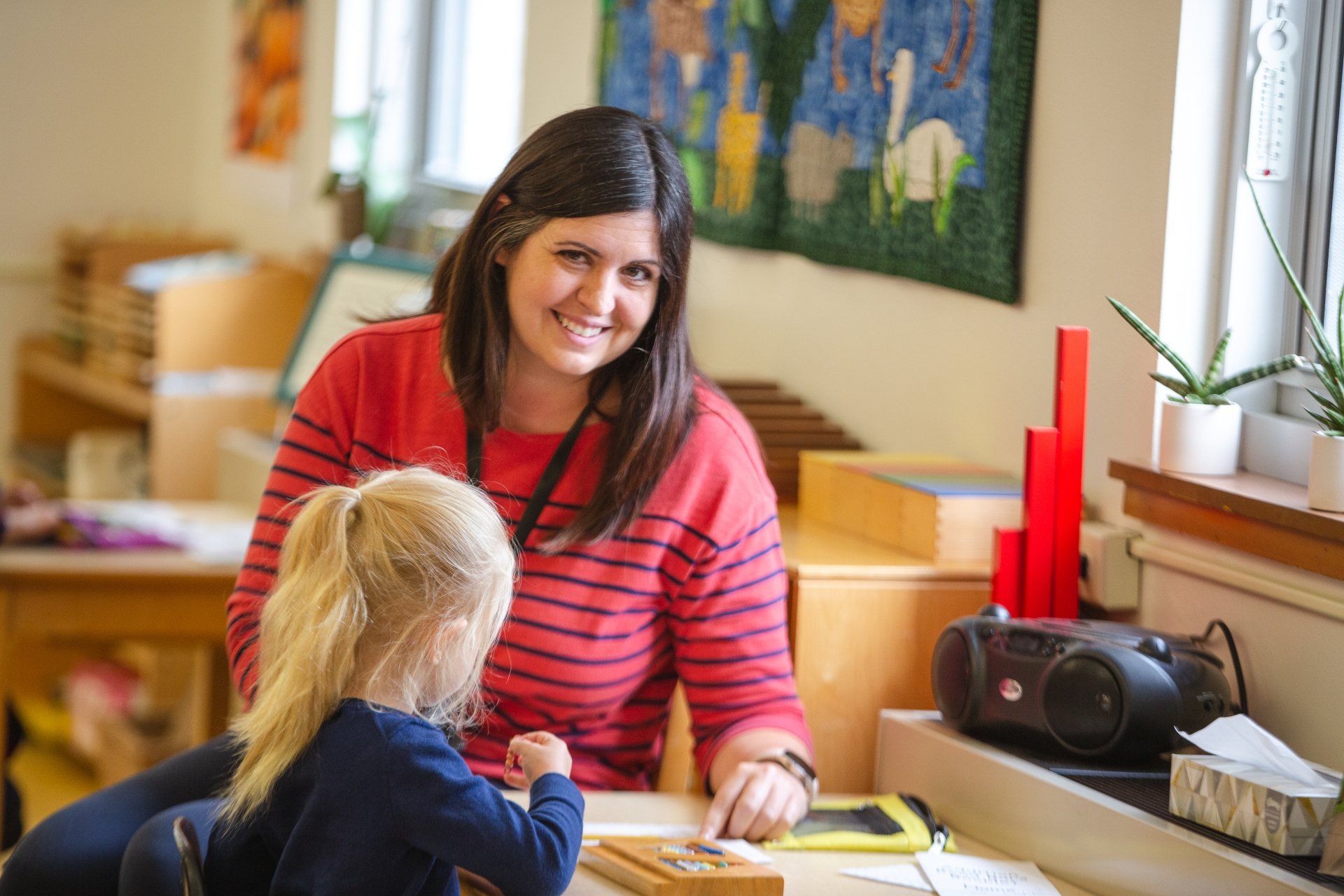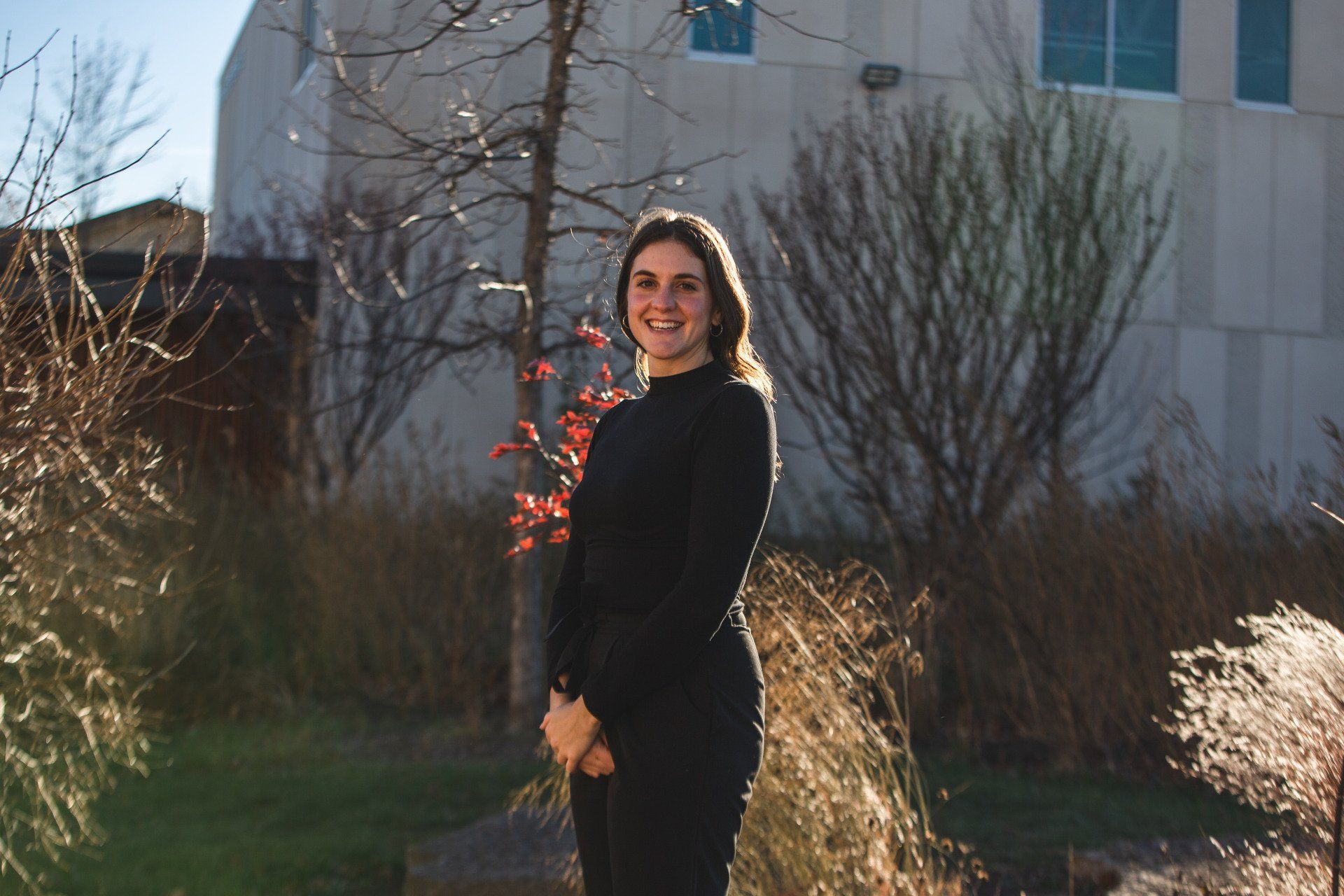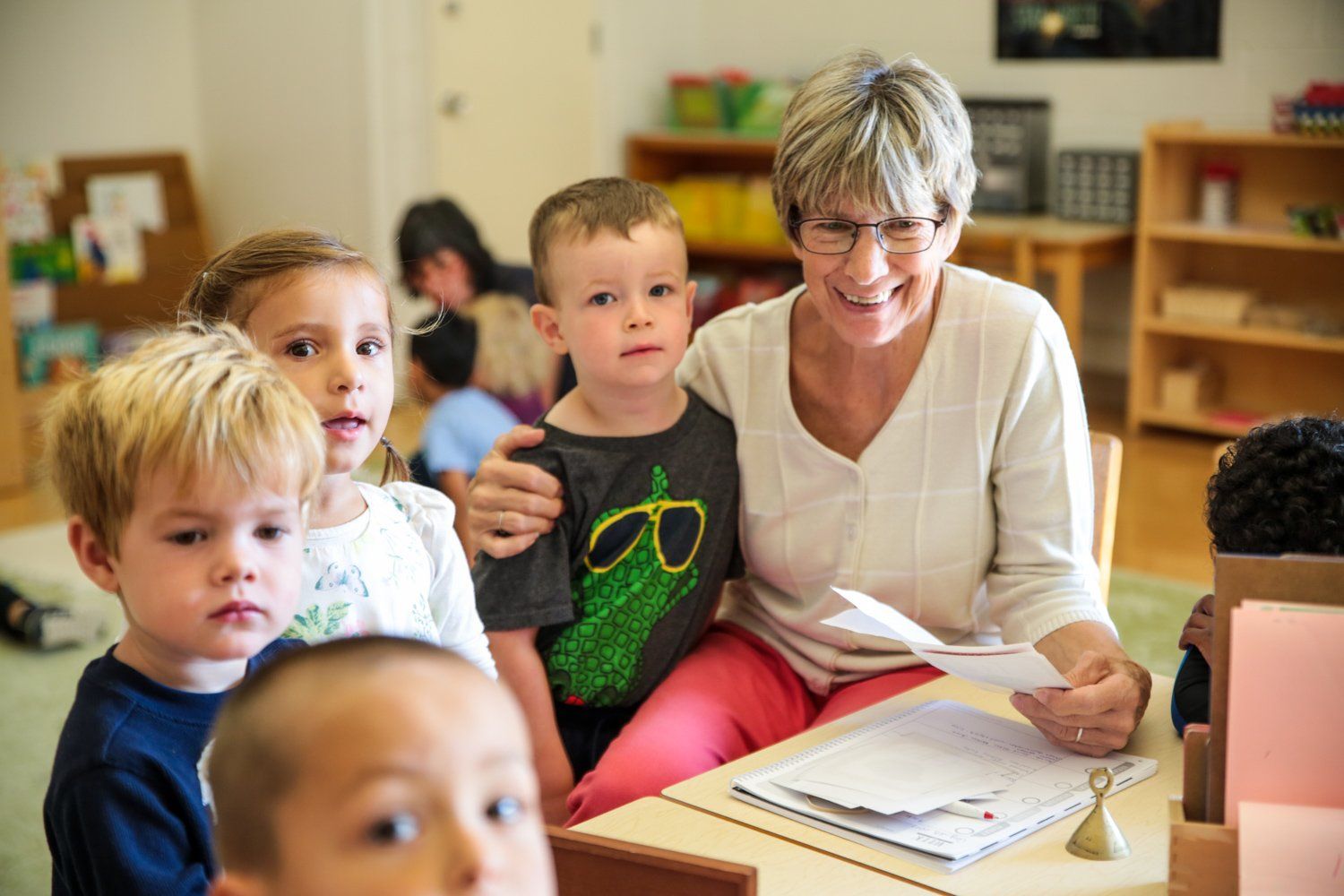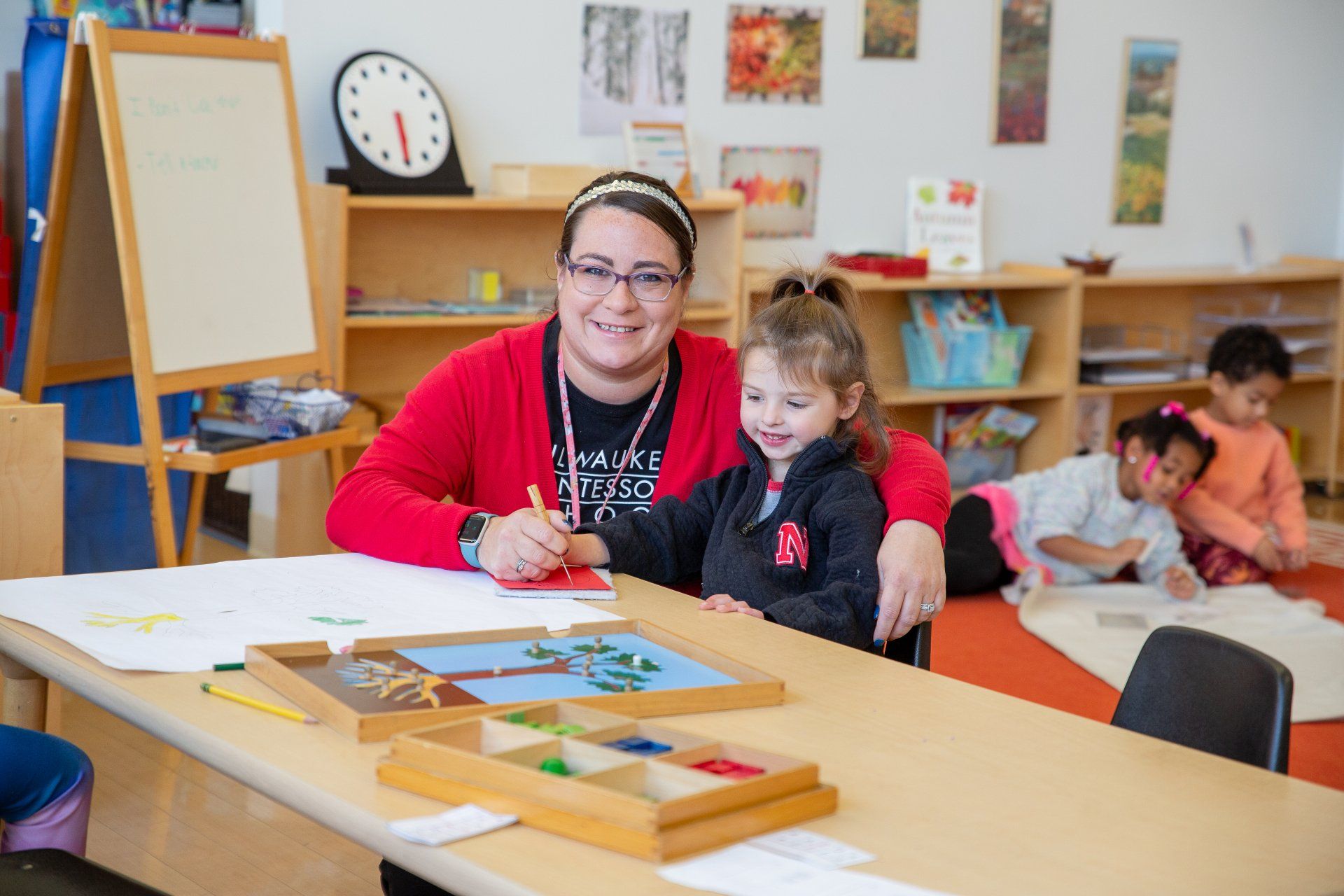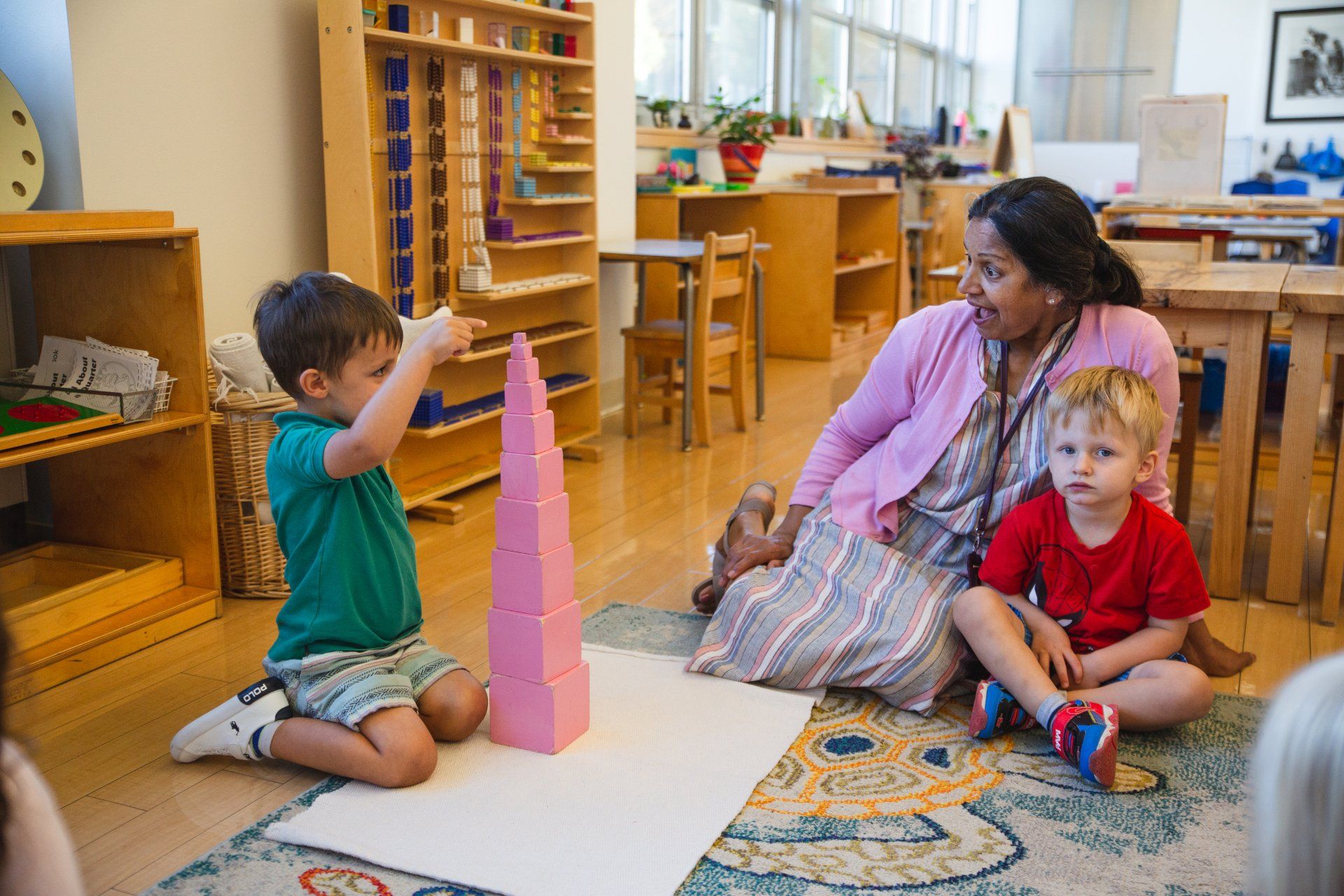Children’s House
3 - 6 Years Old
We’ve been helping children master their environment by learning and perfecting their academic and social skills since 1961.
Finding Your First School
You want your child to do more than just play, but not many programs are offering that for very young children. As an innovative Montessori school, we are known for exceptional nurturance of children’s social, emotional, and academic development, while also providing a warm and diverse school community.
Our Montessori Classrooms
Our Montessori classrooms are carefully prepared to nurture and strengthen each child’s natural tendency to learn and master academic and social skills, even at very young ages. As the oldest Montessori school in the country, we have the experience to prepare your child for future success.
Lesson Overview
One Size Does Not Fit All
Instead of a top down curriculum based upon age, our teachers are trained to respect your child’s unique potential and connect them with the lesson best suited at that precise moment of development. Your child will be challenged according to their ability, not to a generic standard.
Children’s House for 3 Years
Montessori is a continuum of education that allows your child to build upon experiences each year. Being toilet trained is a requirement for our Academic Program. Your child will stay in the Children's House classroom for 3 years, including the traditional “kindergarten year” – when the seeds of learning come to fruition. Reading and writing come to life from sounds and symbols. They are introduced to numbers and the decimal system. They learn about geometric figures and the political countries of our world. They leave the program with a strong set of academic skills; but, far more importantly, with the attitude that learning is fun, exciting, and boundless. At this point, they are ready to move up to the Elementary Program, for children from the ages of 6 to 12.
